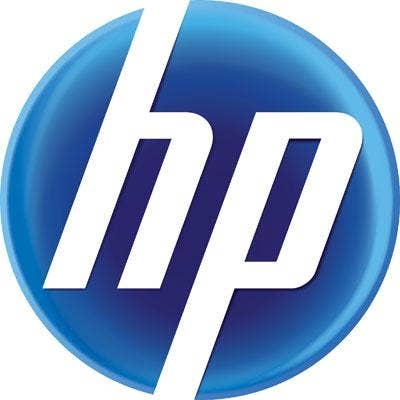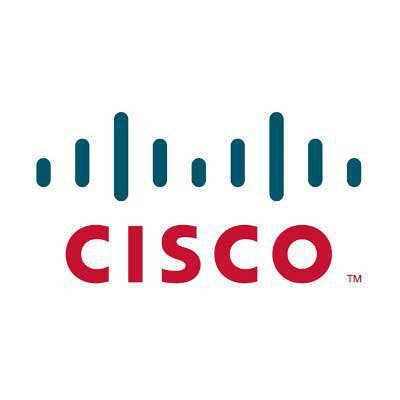Five Companies That Dropped The Ball This Week

Google Gets Called Out Over Government Certification Claim
Google held a press conference at its Mountain View, Calif.-based headquarters last January to unveil Google Apps For Government, one of the main features of which was compliance with the Federal Information Security Management Act of 2002 (FISMA).
However, as Microsoft helpfully pointed out this week, recently unsealed court documents show that the U.S. Department of Justice rejected Google's claim that Google Apps for Government, Google's cloud suite of applications for federal and government customers, has been FISMA certified.
Well, Google didn’t take kindly to being called out like this, and responded by calling Microsoft's FISMA claims "irresponsible". Ooh, those right there are fightin' words! Anyone else seeing some similarities here between HP-Oracle?

RIM CO-CEO Snaps During Interview With The BBC
RIM Co-CEO Mike Lazaridis got all huffy in an interview this week with the BBC when he was asked to comment on his company’s ongoing wrangling with government authorities in India and the Middle East over Blackberry encryption. Lazaridis suggested that RIM's status as a mobile innovator makes it a target, then called the BBC interviewer's question "unfair" before declaring the interview over with a wave of his hand.
Bottom line: Isn't it part of a CEO's job to handle questions like this? Plus, it's not like the BBC was asking you why the Playbook tablet debuted this week without cellular connectivity or native email. Or, you know, an abundance of apps.

HP Uses Bizarre Tactic In Promoting Slate 500 Tablet PC
Hewlett Packard this week sent out a promotional e-mail for its Slate 500 Windows 7 tablet PC. HP's sales pitch was more than a little ironic given that the Slate 500 has been in short supply since HP launched it last October. "Do you have yours yet? No? Why Not?" reads the email.
Why not? Because it's out of stock, that's why! No Slate 500 for you!
The Slate 500 is aimed at enterprise users and runs Windows 7 desktop applications. But in light of the iPad's growing appeal among business users, HP may be too late to the party with this particular tablet.

Barracuda Networks Breach Exposes Partner Contact Information
A security vendor getting hacked is the richest kind of irony, like a cop getting a speeding ticket. So it was this week when Barracuda Networks acknowledged that a hacker exploited a hole in its corporate website and made off with names and e-mail addresses of some of the company’s employees, channel partners and sales leads. The attack took place April 9 -- a day after the Barracuda Web application firewall in front of the Website was unintentionally placed in passive monitoring mode and taken offline.
"The good news is the information compromised was essentially just names and email addresses, and no financial information is even stored in those databases," blogged Michael Perone, executive vice president and chief marketing officer at Barracuda.
Good news? Still trying to figure that one out. We'll let those employees and channel partners be the judge of that.

Cisco Pulls The Plug On $590 Million Flip Experiment
Cisco is taking a lot of heat this week for its decision to shutter its Flip video camera business, which the networking giant obtained through its 2009 acquisition of Pure Digital. The criticism is understandable: $590 million is a lot of scratch, and many Cisco shareholders weren't happy about the obvious frivolity of the expenditure.
Cisco CEO John Chambers spends a lot of time talking about Cisco's ability to anticipate market transitions before they happen, which makes the Pure Digital deal even more tough to understand. Cisco had reportedly been planning to build Wi-Fi into the Flip line, but apparently didn't move fast enough. Nor did it realize that videocamera would become a feature of smartphones and lose its viability as a standalone consumer product.